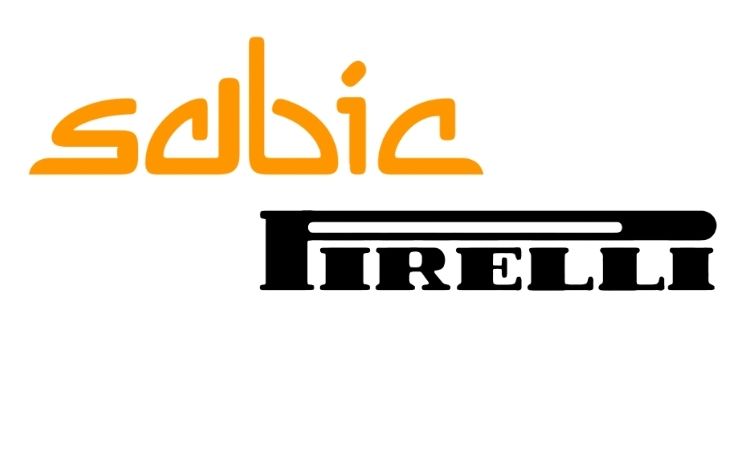Jamaica to convert end-of-life tires in tire derived fuel for cement kilns
This December, Jamaica Observer published an article revealing that Jamaica’s Government has been implementing a multimillion-dollar program in partnership with Carib Cement to get rid of end-of-life tires at the island's dumps starting with the two million that are at the Riverton City disposal site in St. Andrew.
Outlining the arrangement at a post-Cabinet press briefing at Jamaica House, minister with responsibility for environment and climate change, Pearnel Charles Jr., said the old tires pose an environmental threat and are a major contributor to the numerous fires that have occurred at Riverton over the years.
He explained that the estimated cost of $428-million expenditure to the Government will be less than the cost of bringing fires under control at the city's disposal site. The minister also noted the health costs to the country when there are outbreaks of vector-borne diseases which are fueled by the breeding sites created by the old tires.
“The operational cost to the Government, as it relates to the negative impact of us leaving the tires where they are, is enormous; the operations cost to us for extinguishing fires [is millions of dollars],” he said, pointing to the 2015 Riverton City fires which left taxpayers with a hefty price tag of $293 million.
Under phase one of the arrangement, tires will be sorted and transported to Carib Cement from Riverton at a cost of $272 million. Two other phases of the program will be extended to landfills other than Riverton, at an estimated cost of $47 million annually.
Another $50 million is budgeted for public education and awareness campaigns over time, said the minister. Charles said the initiative also forms part of Jamaica's obligations to the international climate change agenda.
Carib cement has invested some $35.5 million in optimizing its infrastructure and processes to receive and dispose of the used tires at its Rockfort facility in East Kingston, he said. The annual cost of processing the tires is estimated at $49.7 million per annum. A pilot for the management of the tires started last year, through collaboration with the local government ministry, the Ministry of Economic Growth and Job Creation, and Carib Cement.
Charles pointed out that some 20,000 end-of-life tires end up at the island's disposal sites each month, with Riverton City receiving 9,000 of those, the largest amount for a single site. Carib Cement has indicated that it has the technical capacity to process a minimum of 320,000 tires per year in its high-temperature kilns.
“The company also indicated to us that the use of the end-of-life tires for alternative fuel in cement fuel in cement production will not affect the quality of its product, as well as the ash as a by-product from the incineration of the tires which contains high levels of iron being incorporated into the final product,” Minister Charles said.
In the meantime, he said regulations will be considered under the National Solid Waste Management Authority Act (NSMA) to govern the management of used tires.
Head of the NSMA Audley Gordon described the situations with the large number of tires at the dumps as “time bombs”, which need urgent attention, which should come through fast-tracking the second and third phases of the tire disposal program.
Article by Jamaica Observer.
Weibold is an international consulting company specializing exclusively in end-of-life tire recycling and pyrolysis. Since 1999, we have helped companies grow and build profitable businesses.









